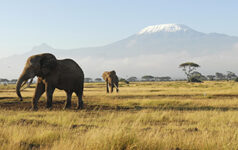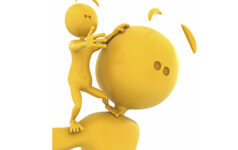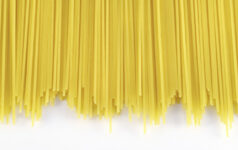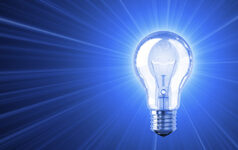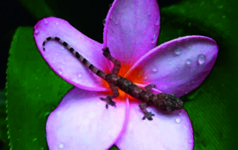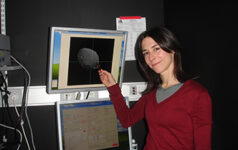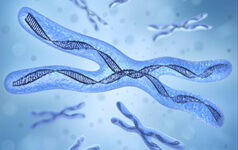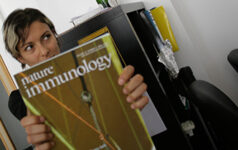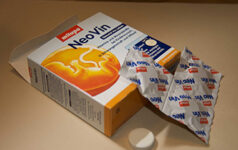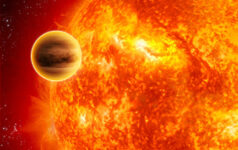Natural selection at the molecular level
We know that particular genetic sequences can help us to survive in our environment – this is the basis of evolution. But demonstrating which genetic sequences are beneficial and how they help us to survive is not easy – especially in wild populations. Jarek Bryk describes some relevant recent…






